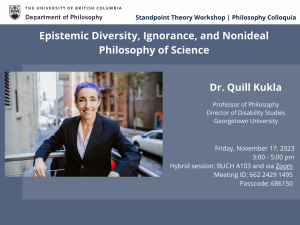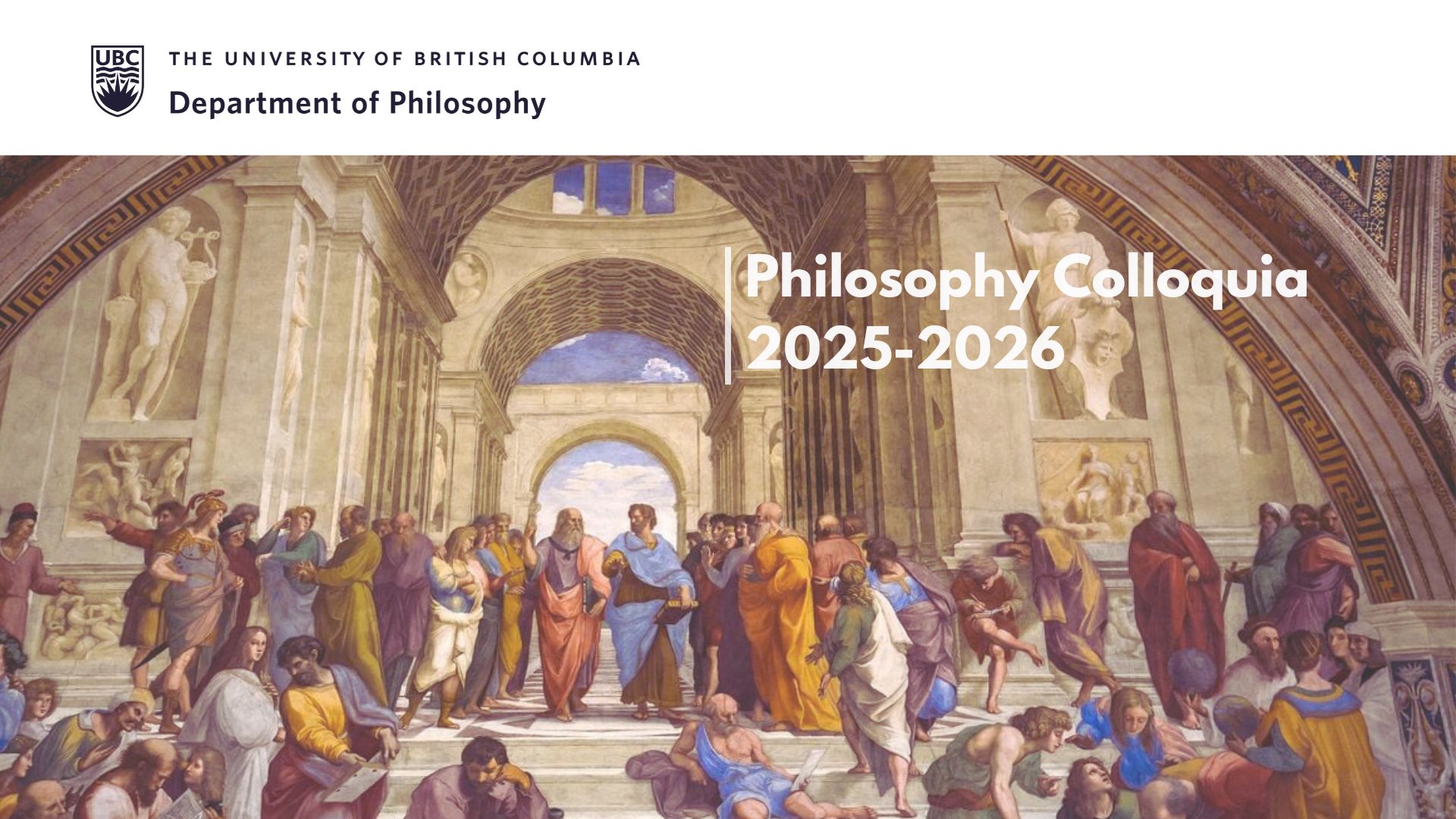Talk Abstract:
It has been a largely unquestioned assumption in the philosophy of science, even among those who are interested in the essential role of values and standpoints in science, that knowledge is the epistemic attitude that scientists primarily strive to attain. In contrast, I argue that scientific practices aim at managing, producing, communicating, and transmitting a diverse range of epistemic attitudes, including not only knowledge, but also ignorance, curiosity, suspicion, provisional acceptance, uncertainty, doubt, concern, attention, and more. Scientific practice often aims at unsettling our epistemic security rather than settling or enhancing it, or at redirecting our attention rather than offering a secure piece of knowledge. My claim is not just that scientists often have and articulate these various epistemic attitudes along the way in their march towards knowledge, but that having and transmitting such attitudes is often the goal of scientific practice. Scientists do not just pursue knowledge; they do things like try to undercut one another’s certainty; build openings for future research programs; debunk methodologies; recruit more researchers to their programs; and so on. Scientists are ineliminably embedded in social contexts and power relations and situated within epistemic perspectives, and these concrete situations shape not just what they can know, as standpoint theorists have emphasized, but what epistemic attitudes and goals it makes sense for them to value and pursue. It is artificial, I will try to show, to see all this activity as ultimately organized by a pure quest for knowledge.
Speaker Bio:
Quill Kukla is Professor of Philosophy and Director of Disability Studies at Georgetown University. From 2021 to 2023, they also held a Humboldt Stiftung Research Award at the Institut für Philosophie at Leibniz Universität Hannover. They received a PhD in Philosophy from the University of Pittsburgh and an MA in Geography from the City University of New York, and completed a Greenwall Postdoctoral Fellowship at The Johns Hopkins School of Public Health. Their most recent book is City Living: How Urban Dwellers and Urban Spaces Make One Another (Oxford University Press 2021) and their forthcoming book is entitled Sex Beyond ‘Yes!’ (W. W. Norton & Co. 2024).



